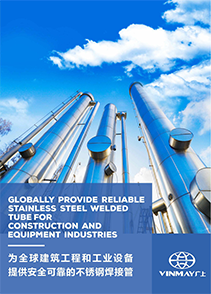Stainless steel pipes play a critical role in numerous industries due to their durability and performance. This guide delves into various stainless steel pipe applications, highlighting their importance in sectors like oil and gas, food and beverage, pharmaceuticals, and more. Their high corrosion resistance, tensile strength of over 600 MPa, and temperature sustainability of up to 870°C make them suitable for high-pressure and high-temperature applications. Seamless pipes, fabricated through extrusion, provide superior structural integrity. Welded pipes, meeting ASTM specifications, offer versatile diameters and thicknesses for varied uses. Their hygienic properties render them ideal for environments requiring rigorous sanitary standards. For detailed insights into specification advantages and industry applications, there's extensive knowledge available to enhance your understanding.
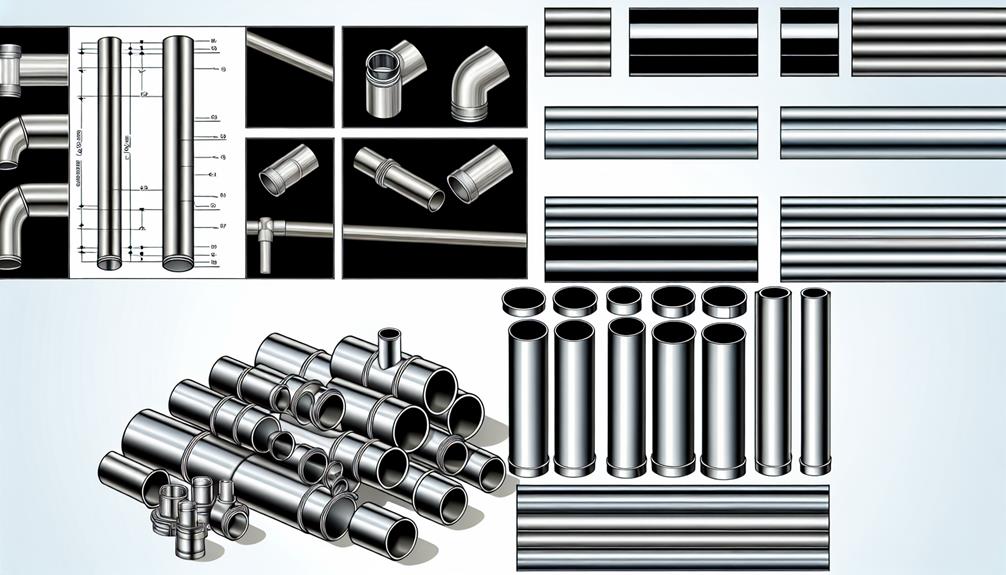
The types of stainless steel pipe encompass seamless and welded variants, each possessing distinct manufacturing processes and applications.
Additionally, various forms such as stainless steel square tubes, rectangular stainless steel tubes, stainless steel round tubes, stainless steel slot tubes, and oval tubes can be used depending on specific industrial requirements.
Seamless stainless steel pipes are produced through extrusion or rotary piercing, offering superior pressure ratings and structural integrity. According to ASTM A312 specifications, seamless stainless steel pipes offer enhanced durability and performance, ensuring they meet rigorous industry standards for reliability in demanding environments.
Conversely, welded stainless steel pipes are fabricated by welding a strip or plate, providing cost-effective solutions with versatile diameter and thickness options. These welded pipes are complemented by stainless steel pipe fittings for extensive system integration.
Seamless stainless steel pipe, characterized by its lack of welded seams and consistent cross-sectional strength, is fabricated through an extrusion process and are ideal for stainless steel pipe applications that require high pressure and structural integrity. The seamless structure enhances the pipe's ability to withstand internal and external forces, making it invaluable for critical stainless steel pipe applications. The absence of welds eliminates potential weak points, ensuring reliability in demanding environments.
A key use of stainless steel pipes in the oil and gas industry is for the transportation of hydrocarbons, where seamless pipes are preferred due to their superior resistance to corrosion and pressure. In power generation, these pipes are utilized for steam and gas distribution, leveraging their high-temperature tolerance and structural integrity. The chemical processing sector benefits from seamless pipes' corrosion-resistant properties, which are essential for the safe transfer of aggressive chemicals.
Moreover, seamless stainless steel pipes are integral to the food and beverage industry, where they maintain hygienic and sanitary conditions in processing and transportation. Their durability and ease of cleaning comply with stringent health regulations.
For applications requiring precision and reliability, seamless stainless steel pipes offer unparalleled performance, making them a critical component across a multitude of industries.
Welded stainless steel pipes are manufactured by welding rolled strips, offering cost-effective and versatile solutions for various applications. These pipes are available in multiple sizes and grades, making them suitable for stainless steel pipe applications that demand precise dimensions and varied performance characteristics. These pipes are mainly manufactured using ASTM A554 and EN10296-2 specifications, ensuring compliance with rigorous industry standards. For detailed information on welding standards, see our guide on stainless steel pipe welding standards. Available in grades such as 201, 304, 304L, 316L, and 430, the pipes exhibit excellent mechanical properties and corrosion resistance.
The welding process, typically employing Electric Resistance Welding (ERW) or Laser Beam Welding (LBW), results in pipes that can sustain high pressures and extreme temperatures.
Welded stainless steel pipes, including stainless steel welded round pipes and stainless steel welded square pipes, are available in dimensions ranging from 6 mm (approximately 0.24 inches) to 219 mm (approximately 8.62 inches) in diameter, with wall thicknesses spanning from 0.6 mm (approximately 0.024 inches) to 5.0 mm (approximately 0.197 inches). For detailed dimensions, refer to our stainless steel pipe dimensions chart. Their adaptability allows for the creation of custom stainless steel tubes, making them ideal for applications in petrochemical processing, water treatment facilities, and structural frameworks.
Welded pipes are particularly favored in sectors requiring precise dimensional tolerances and smooth internal surfaces, which enhance flow characteristics and minimize contamination risks. Consequently, they serve critical roles in the pharmaceutical, food and beverage, and power generation industries, where stringent hygiene and performance standards are paramount.
Recommended:
Understanding the various types of stainless steel pipe fittings is essential for ensuring peak performance and compatibility in diverse industrial applications. Stainless steel pipe fittings come in a variety of configurations, including elbows, tees, reducers, couplings, caps, and flanges, each designed to perform specific functions within a piping system.
These fittings are fabricated from stainless steel grades such as 304 and 316l, chosen based on their mechanical properties and resistance to corrosive environments.
Elbows, available in 45°, 90°, and custom angles, facilitate directional changes in piping systems. Tees, Y-fittings, and cross fittings enable multiple pipe connections, optimizing fluid distribution. Reducers, including concentric and eccentric types, adjust pipe size changes to maintain flow characteristics and pressure ratings. Couplings and caps provide secure pipe connections and terminations, ensuring system integrity.
Flanges, manufactured in types like slip-on, weld neck, and blind, provide detachable joint solutions, essential for maintenance and assembly. Precision in dimensions, such as outer diameter (OD) and wall thickness, ensures seamless integration.
Advanced manufacturing techniques, including forging and machining, guarantee high tolerance levels and superior surface finishes, critical for maintaining system performance in high-pressure and high-temperature applications.

Stainless steel pipes offer exceptional corrosion resistance due to their chromium content. This property makes them ideal for environments exposed to harsh chemicals and extreme conditions, ensuring longevity and reliability. Composed primarily of iron and chromium, with potential additions of nickel, molybdenum, and titanium, stainless steel pipes form a protective oxide layer that greatly mitigates corrosion. This intrinsic property guarantees longevity and durability in environments exposed to harsh chemicals and extreme temperatures.
Stainless steel pipes exhibit remarkable tensile strength, often exceeding 600 MPa, making them suitable for high-pressure applications. Withstanding temperatures up to 870°C, stainless steel pipes are well-suited for high-temperature applications. Their thermal stability ensures that they maintain structural integrity under intense heat. Additionally, stainless steel pipes are durable and require minimal maintenance due to their resistance to scaling and oxidation. This durability translates to cost-effectiveness over time, as they reduce the need for frequent repairs and replacements.
The seamless or welded manufacturing processes allow for precise control over dimensions and tolerances, ensuring compatibility with stringent industry standards. The inclusion of various grades, such as 304 and 316, further refine their suitability for specific applications, offering tailored solutions for diverse operational needs.
To conclude, the robustness, adaptability, and economic advantages of stainless steel pipes make them an indispensable component in modern industrial infrastructure.

Stainless steel pipes find critical applications across various industries due to their exceptional mechanical properties and resistance to corrosion.
Key sectors such as the oil and gas industry, chemical and petrochemical industry, food and beverage industry, medical and pharmaceutical industry, and automotive and transportation industry rely on these pipes for efficient and durable solutions.
Each industry leverages specific grades and compositions of stainless steel to meet stringent operational and regulatory requirements.
In the oil and gas industry, stainless steel pipes are essential due to their exceptional corrosion resistance and ability to withstand extreme pressures and temperatures. These pipes play a vital role in the transportation of crude oil, natural gas, and refined products, maintaining the integrity and safety of the pipeline infrastructure. Their superior mechanical properties make them ideal for both onshore and offshore applications, where environmental conditions can be harsh and demanding.
Stainless steel pipes, particularly grades 316 and 304, offer enhanced resistance to pitting and crevice corrosion, which is critical in subsea environments. The table below delineates the specific advantages that stainless steel pipes bring to various stages of the oil and gas production process:
| Application Stage | Requirement | Stainless Steel Advantage |
|---|---|---|
| Exploration | High tensile strength | Withstands mechanical stress |
| Production | Corrosion resistance | Prolongs pipeline life |
| Transportation | Pressure handling | Maintains integrity under load |
| Refining | Temperature extremes | Operates efficiently at high temperatures |
Incorporating stainless steel piping systems in the oil and gas sector not only ensures operational efficiency but also reduces maintenance costs and downtime. This analytical approach to material selection underscores the significant role of stainless steel in the industry's pursuit of reliability and longevity.
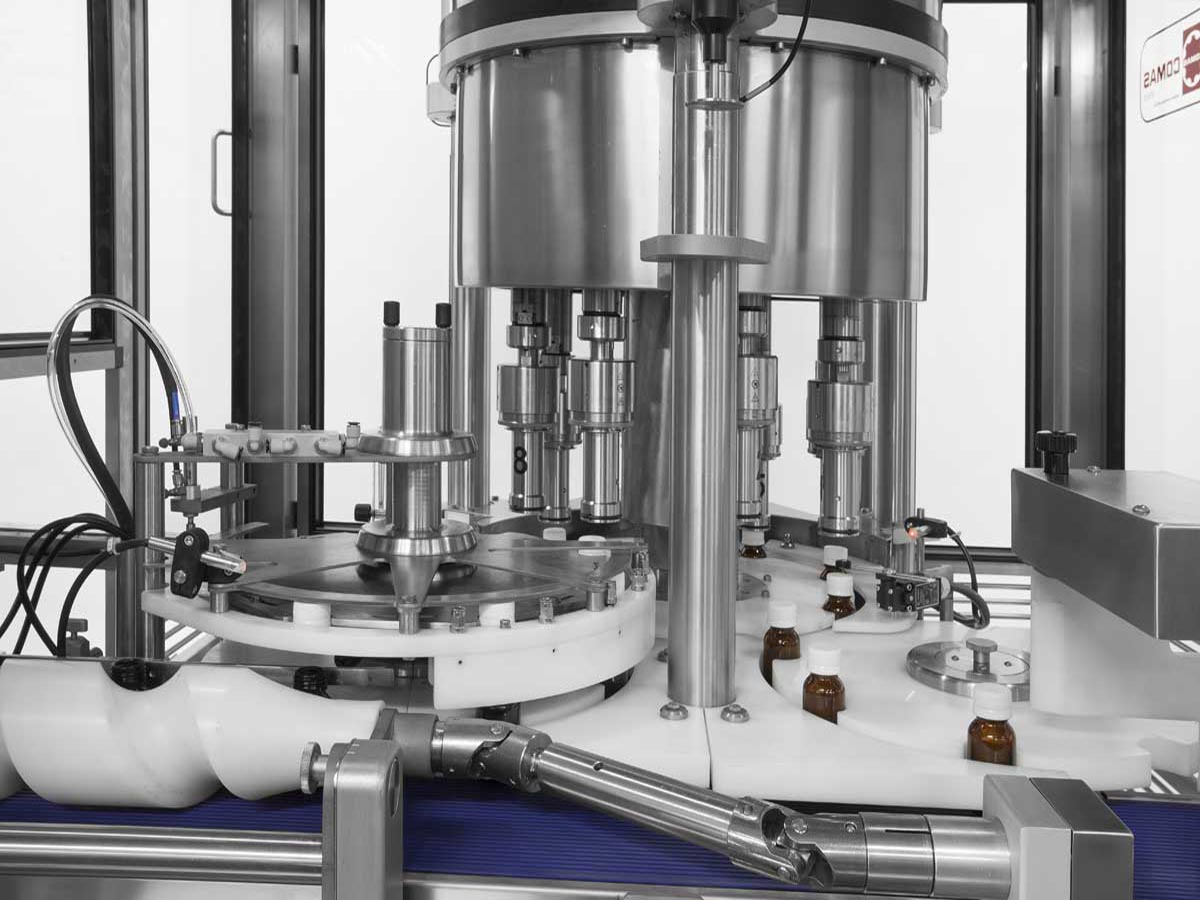
The chemical and petrochemical industry depends heavily on stainless steel pipes for their unparalleled resistance to aggressive chemicals and extreme operational conditions. These pipes, often fabricated from grades such as 304L, 316L, and 321, exhibit superior corrosion resistance due to their high chromium content, typically 16-18%, with added elements like nickel (8-12%) and molybdenum (2-3%) enhancing their robustness against pitting and crevice corrosion.
Operational environments in this sector frequently involve temperatures ranging from -200°C to 870°C, necessitating materials with excellent thermal stability and mechanical strength. Stainless steel pipes meet these demands, maintaining structural integrity under high pressure and corrosive conditions. The seamless manufacturing process eliminates weak points, ensuring reliability and reducing the risk of leaks in critical applications such as transporting sulfuric acid, hydrochloric acid, and other reactive compounds.
Moreover, compliance with stringent industry standards, such as ASTM A312 and ASME B36.19M, guarantees the pipes' dimensional accuracy and quality. The low maintenance requirements, combined with their longevity, make stainless steel pipes an economically viable choice, minimizing downtime and maximizing operational efficiency in chemical and petrochemical processes.
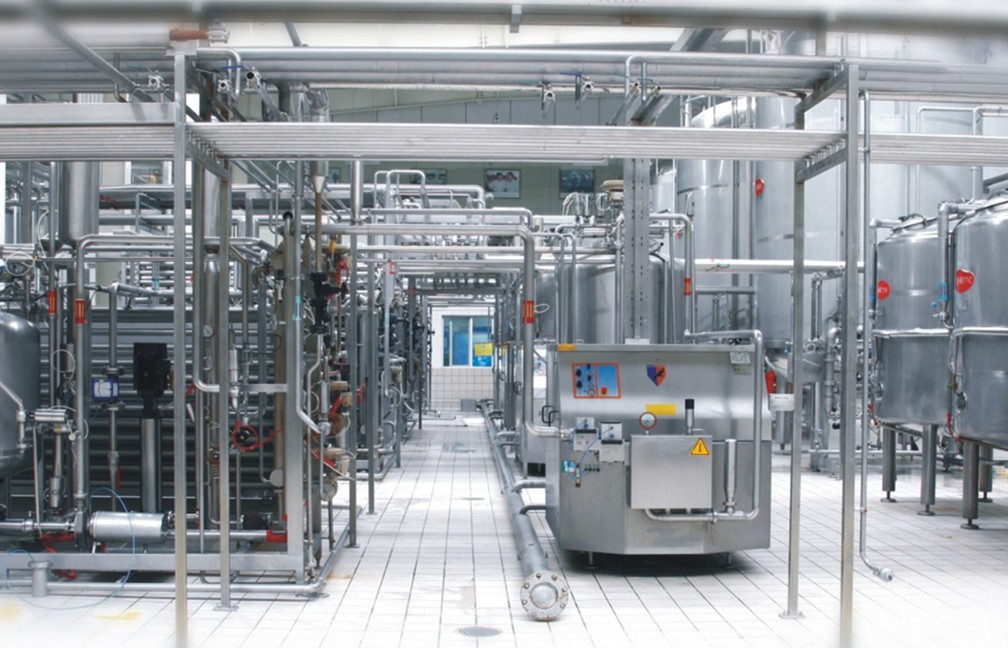
Utilized extensively for their hygienic properties and resistance to corrosion, stainless steel pipes are indispensable in the food and beverage industry. These pipes guarantee the integrity and safety of consumables by maintaining cleanliness and preventing contamination. Stainless steel, particularly grades such as 304 and 316, is favored for its ability to withstand high-pressure cleaning processes and exposure to various chemicals used in food production.
The following are key applications in the food and beverage sector:
The high tensile strength and resistance to corrosion and extreme temperatures make stainless steel pipes a prudent choice for long-term, low-maintenance operations in the food and beverage industry. This guarantees regulatory compliance and enhances operational efficiency.
Recommended:
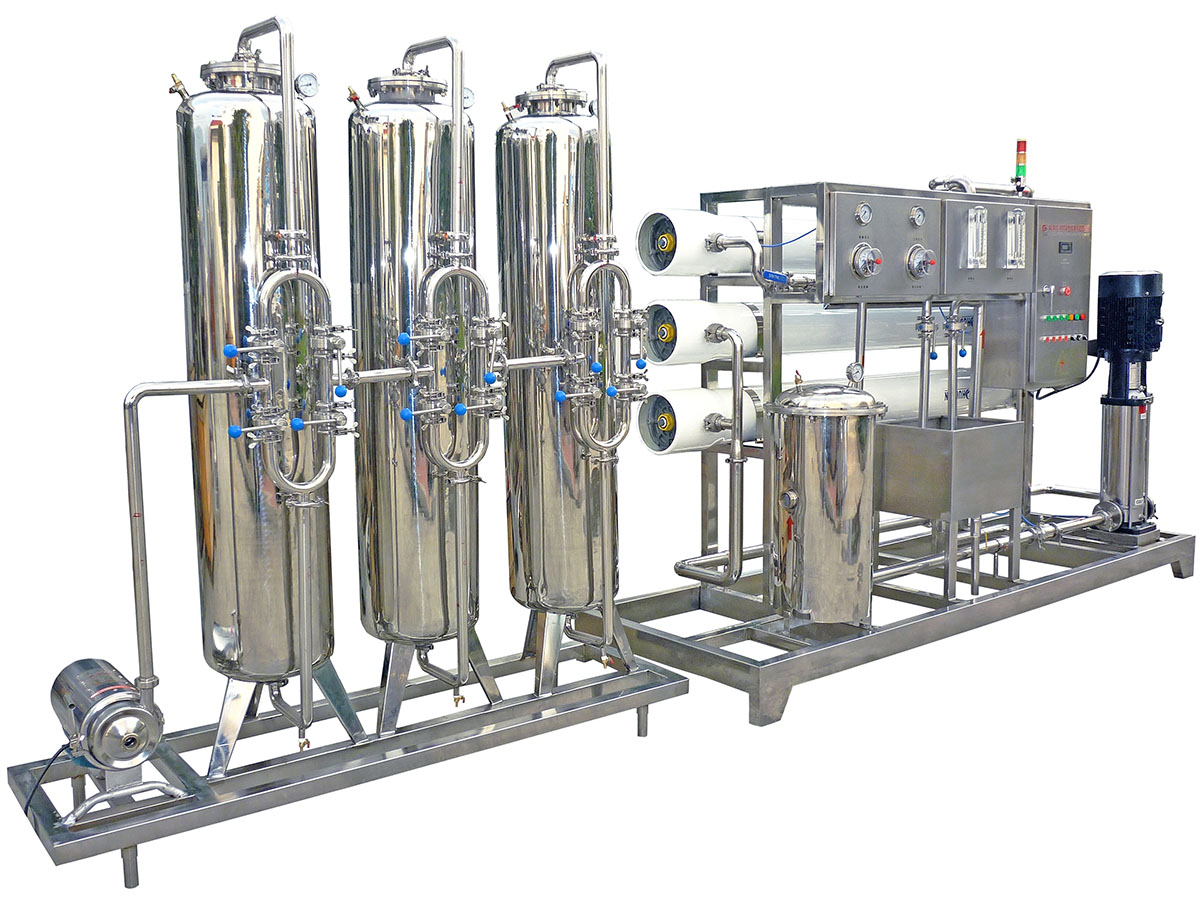
Stainless steel pipes, with their superior corrosion resistance and ability to maintain sterile conditions, are paramount in the medical and pharmaceutical industries for the safe and efficient transport of fluids and gases. These industries demand materials that adhere to stringent cleanliness standards, making stainless steel an excellent choice due to its non-reactive surface and ease of sterilization.
Typically, stainless steel grades such as 316L are employed due to their enhanced resistance to pitting and crevice corrosion, crucial in environments where purity is non-negotiable. The seamless construction of these pipes ensures minimal contamination risk, essential for maintaining the integrity of pharmaceutical compounds and medical solutions. In addition, the high tensile strength of stainless steel supports the high-pressure requirements of complex medical gas systems.
Precision manufacturing processes ensure that the internal surface finish of these pipes remains within the required Ra (roughness average) specifications, typically below 0.5 micrometers, to prevent microbial growth and facilitate thorough cleaning.
Additionally, the compatibility of stainless steel with advanced welding techniques, such as orbital welding, ensures joint integrity and uniformity, critical for maintaining sterility and preventing leaks in highly controlled environments.
To summarize, the utilization of stainless steel pipes in medical and pharmaceutical applications underscores their essential role in ensuring operational excellence and regulatory compliance.
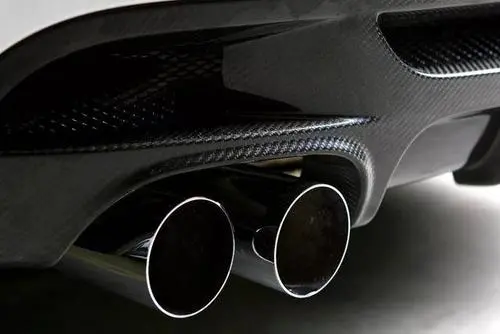
In the automotive and transportation sectors, stainless steel pipes are crucial for enhancing the performance of exhaust and fuel systems. Their resistance to high temperatures and corrosive environments ensures long-lasting durability and efficiency. The utilization of stainless steel in exhaust systems is crucial due to its exceptional resistance to high temperatures (up to 870°C) and corrosive environments. These pipes guarantee that emission control systems remain efficient and compliant with stringent environmental regulations.
In fuel and hydraulic lines, the high tensile strength and corrosion resistance of stainless steel (including grades such as 304 and 316) provide reliable endurance under extreme conditions. This translates to improved fuel efficiency and reduced risk of leaks or ruptures, which are critical for maintaining vehicular safety and performance.
Key benefits of stainless steel pipes in the automotive sector include:
These attributes make stainless steel the material of choice for modern automotive and transportation applications, where reliability and efficiency are non-negotiable.
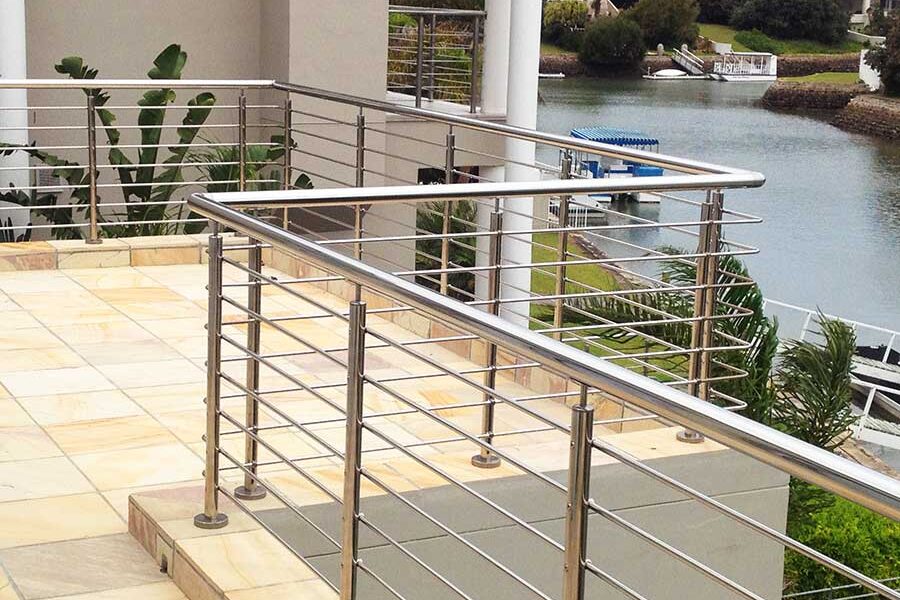
Recognized for its structural integrity and aesthetic appeal, stainless steel piping plays an indispensable role in modern construction and architectural projects, providing robust support systems and corrosion-resistant plumbing solutions. The material's mechanical properties, including high tensile strength (up to 620 MPa for grade 304) and elongation capacity (up to 40%), render it ideal for load-bearing applications. Its exceptional resistance to environmental factors, such as oxidation and extreme temperatures, guarantees longevity and minimal maintenance.
Architectural Stainless steel pipes contribute immensely to sustainable building practices. They are 100% recyclable, reducing material waste and environmental impact. Additionally, the seamless and welded varieties, particularly in grades like 304 and 316, offer flexibility in architectural design, supporting both contemporary aesthetics and functional requirements. Stainless steel's capacity to withstand high pressures (up to 20,000 psi) and its compliance with stringent building codes make it a preferred choice for plumbing systems, HVAC installations, and structural frameworks.
Moreover, the material's superior corrosion resistance ensures the durability of exposed piping in coastal and industrial environments, thereby maintaining structural integrity over extended periods. Consequently, stainless steel pipes are crucial in achieving both robust construction and modern architectural finesse.
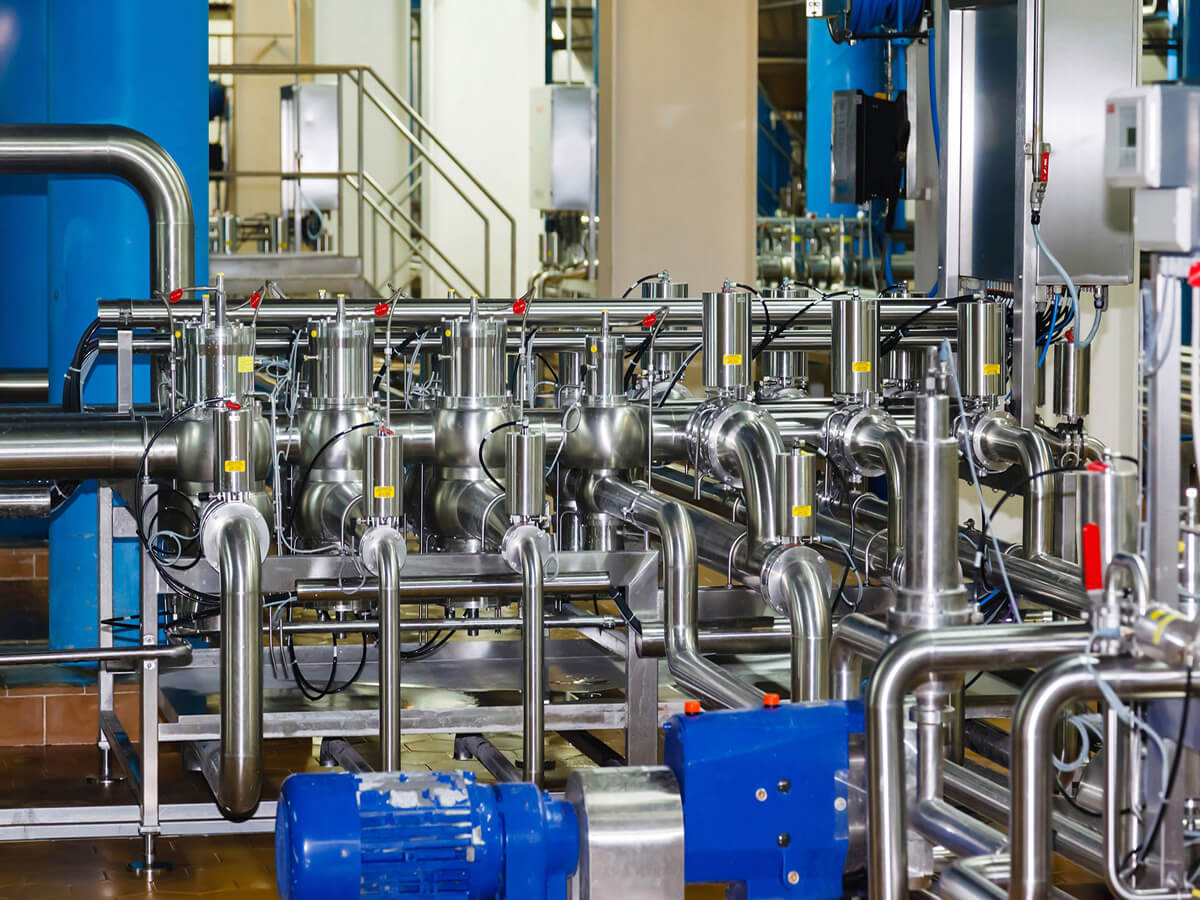
The unparalleled durability and corrosion resistance that make stainless steel pipes indispensable in construction also render them highly effective in water treatment and desalination applications. The intrinsic properties of stainless steel, such as resistance to pitting and crevice corrosion, guarantee minimal contamination and maintenance, which is essential for the longevity and efficiency of water treatment systems.
In water treatment facilities, stainless steel pipes are employed to handle various processes such as filtration, chemical dosing, and distribution. Their ability to withstand high pressures and corrosive environments makes them ideal for both freshwater and seawater applications. Stainless steel pipes are particularly effective in desalination plants, where saline water poses a significant corrosion risk. The following attributes underscore their suitability:
These factors make stainless steel piping an excellent choice for the demanding requirements of water treatment and desalination industries.
Read More: Stainless Steel Pipe for Water

For power generation, stainless steel pipes are essential due to their exceptional resistance to high temperatures and pressures, making them vital for steam and gas distribution in both conventional and nuclear power plants. Their ability to withstand thermal cycling and corrosive environments ensures operational reliability and longevity, reducing downtime and maintenance costs.
Stainless steel pipes are utilized in various sections of power plants, including boilers, heat exchangers, and condensers. Their high tensile strength and durability make them ideal for handling superheated steam and high-pressure fluids. The addition of elements such as molybdenum and titanium enhances their performance in harsh conditions, ensuring structural integrity and efficient energy transfer.
| Application Area | Material Grade | Key Properties |
|---|---|---|
| Boilers | 304, 316 | High-temperature resistance |
| Heat Exchangers | 321, 347 | Corrosion resistance |
| Condensers | 904L | Stress corrosion cracking resistance |
| Steam Turbines | 304, 310 | High-pressure durability |
| Nuclear Reactors | 316L, 347H | Radiation resistance |
In nuclear power plants, stainless steel's low carbon content minimizes the risk of carbide precipitation, essential for maintaining the material's integrity under intense radiation. Overall, stainless steel pipes provide a reliable and efficient solution for the demanding requirements of power generation.

Stainless steel pipe applications in the mining and minerals industry, stainless steel pipes are employed extensively due to their unparalleled resistance to abrasion and corrosion, enhancing operational efficiency and equipment longevity. These pipes play a crucial role in withstanding the harsh environments encountered in mining operations, characterized by abrasive materials and chemically aggressive conditions. The integration of elements such as nickel and molybdenum further augments their durability and resistance to pitting and crevice corrosion.
Key applications of stainless steel pipes in this industry include:
These characteristics highlight the crucial role of stainless steel pipes in the mining and minerals sector, driving both performance and longevity.
In the farming industry, stainless steel pipes are indispensable for their durability and corrosion resistance. They ensure hygienic conditions in irrigation systems and dairy farming, supporting efficient agricultural processes and high-quality food production. The robustness of stainless steel, particularly grades 304 and 316, ensures long-term functionality in irrigation systems, dairy farming, and food processing applications.
The chromium content, typically around 18%, forms a passive layer that resists oxidation and corrosion, even in harsh environments. In irrigation, stainless steel pipes are favored for their ability to withstand high pressure and corrosive elements found in water and fertilizers. The seamless or welded fabrication techniques offer superior strength, minimizing the risk of leaks and maintaining consistent water flow. Precision-engineered fittings and joints uphold system integrity, vital for efficient water distribution.
For dairy farming, the hygienic properties of stainless steel are indispensable. The smooth, non-porous surface prevents bacterial contamination, meeting stringent sanitary standards. This ensures milk and other dairy products remain uncontaminated, preserving quality from farm to table. Additionally, stainless steel's thermal conductivity aids in temperature control during pasteurization processes.
In food processing within agriculture, stainless steel's resistance to organic acids and cleaning agents ensures pipes remain uncontaminated, supporting the production of safe, high-quality food products.
Utilized extensively across various industries, welded stainless steel pipes and tubes are integral to applications requiring high corrosion resistance and structural integrity. The precision in stainless steel pipe fabrication allows for use in environments where exacting standards are paramount.
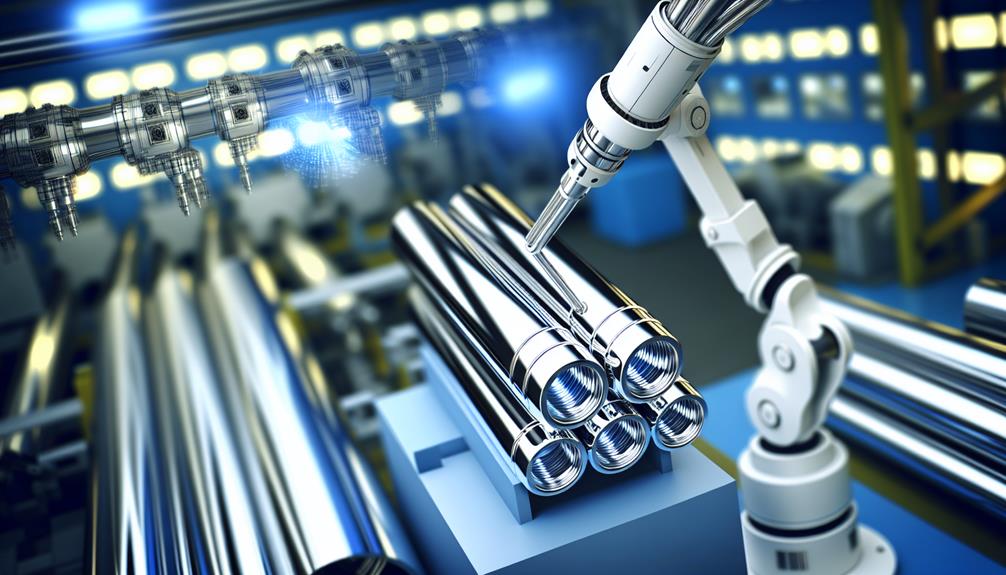
As industries continuously evolve, the demand for advanced materials has catalyzed emerging trends and innovations in the manufacturing and application of welded stainless steel pipes and tubes. One significant trend is the development of high-performance alloys incorporating elements such as nitrogen, which enhances mechanical properties and corrosion resistance. These alloys are particularly beneficial in extreme environments, such as deep-sea oil extraction, where standard materials may fail.
Innovations in welding techniques, including laser and friction stir welding, offer superior precision and reduced thermal distortion, resulting in stronger, more reliable joints. Advanced non-destructive testing (NDT) methods, such as phased-array ultrasonic testing (PAUT), facilitate thorough inspections, ensuring the integrity of welds and extending service life.
Moreover, the integration of Industry 4.0 principles, including IoT sensors and real-time data analytics, optimizes process control and predictive maintenance. These technological advancements enable manufacturers to produce pipes with tighter tolerances and consistent quality, aligning with stringent industry standards.
In terms of sustainability, the industry is increasingly focusing on recyclable stainless steel grades and eco-friendly production processes. This shift not only minimizes environmental impact but also meets the growing demand for sustainable infrastructure solutions. These innovations collectively enhance the efficiency, durability, and environmental compatibility of stainless steel piping systems.
Temperature greatly impacts the performance of stainless steel pipes, affecting their tensile strength, corrosion resistance, and thermal expansion. High temperatures may decrease mechanical properties, while low temperatures can increase brittleness, necessitating specific material grades for best performance.
Stainless steel pipes offer significant environmental benefits, including recyclability, reduced resource consumption due to longevity, and minimal maintenance. Their corrosion resistance lowers the risk of leaks, thereby protecting ecosystems and reducing environmental contamination.
Stainless steel pipes, though initially costlier, offer superior cost-effectiveness through extended lifespan, minimal maintenance, and exceptional resistance to corrosion and extreme temperatures, thereby reducing long-term operational and replacement costs in comparison to alternative materials.
Read More:
Imagine stainless steel pipes as the backbone of infrastructure, requiring minimal yet precise maintenance. Regular inspections, periodic cleaning to prevent buildup, and ensuring protective coatings remain intact are essential practices to guarantee their longevity and peak performance.
Yes, stainless steel pipes are fully recyclable. They retain valuable properties such as corrosion resistance and tensile strength, enabling efficient recovery and reuse in new manufacturing processes, thereby supporting sustainable industrial practices.
Vinmay, with over 15 years of expertise, excels in manufacturing premium stainless steel welded tubes and fittings, adhering to rigorous stainless steel tube standards such as ASTM, EN, DIN, and AS. We offer a wide range of pipes suitable for diverse industries, including decoration, water supply, dairy, food, and chemicals. Vinmay's product specifications are meticulously designed, featuring tube sizes ranging from 6mm to 219mm and wall thicknesses from 0.4mm to 6.0mm.
Vinmay's commitment to quality is underscored by its PED, AEO, and ISO certifications, ensuring strict QC protocols and the use of advanced testing instruments. This dedication is reflected in the satisfaction of over 400 clients across 80+ countries. Vinmay's production capabilities include five state-of-the-art workshops equipped with 60 continuous forming lines, a polishing workshop for aesthetic enhancements, and specialized facilities for annealing and eddy current testing.
Key advantages of partnering with Vinmay include:
For inquiries, reach out to Vinmay at rose@vinssco.com.
Blog Series: Top Stainless Steel Pipe Applications in Various Industries